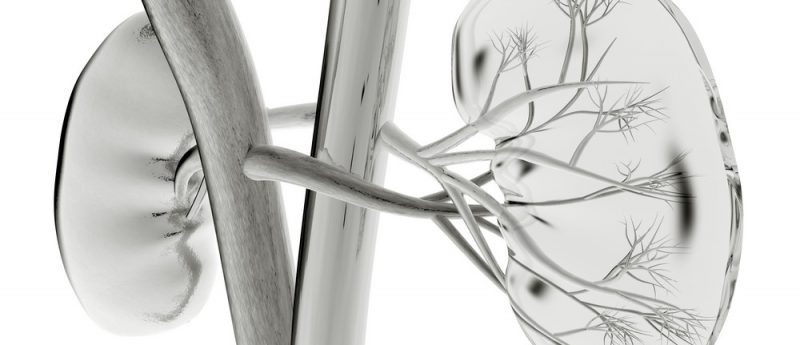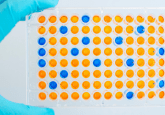New target receptor may be able to protect individuals from obesity-related kidney disorders

Researchers have found that a lack of receptor CB1R in the renal proximal tubular cells (RPTCs) is linked with significantly less obesity-induced lipid accumulation in the kidney, as well as less kidney dysfunction, injury, inflammation and scarring.
The findings, published in the Journal of the American Society of Nephrology, identified receptor CB1R acting through a specific signaling pathway, and a lack of CB1R was shown to have effects associated with decreased activation of liver kinase B1 and the energy sensor AMP-activated protein kinase, as well as reduced fatty acid β-oxidation.
This study sheds some light on obesity-induced kidney problems, as it has been long understood that obesity can cause structural and functional changes in the kidneys but little is currently known about the underlying mechanisms.
The study involved the team examining kidney cells – RPTCs – that are responsible for the reabsorption of nutrients and the excretion of substances of no nutritional value. RPTCs are especially sensitive to lipotoxicity, or the accumulation of fats and lipids. Endocannabinoids, lipid molecules that act on CB1R, were used to investigate their role in lipotoxicity.
“This work provides a novel approach to slow the development of renal injury through chronic blockade of peripheral CB1Rs,” Joseph Tam (Jerusalem, Israel) remarked, “and it also supports strategies aimed at reducing the activity of the endocannabinoid system, specifically in the kidney, to attenuate the development of RPTC dysfunction in obesity.”
Source: Udi S, Hinden L, Earley B et al. Proximal Tubular Cannabinoid-1 Receptor Regulates Obesity-Induced CKD. JASN, doi: 10.1681/ASN.2016101085 (2017)(Epub ahead of print); www.eurekalert.org/pub_releases/2017-08/ason-nfm082417.php






